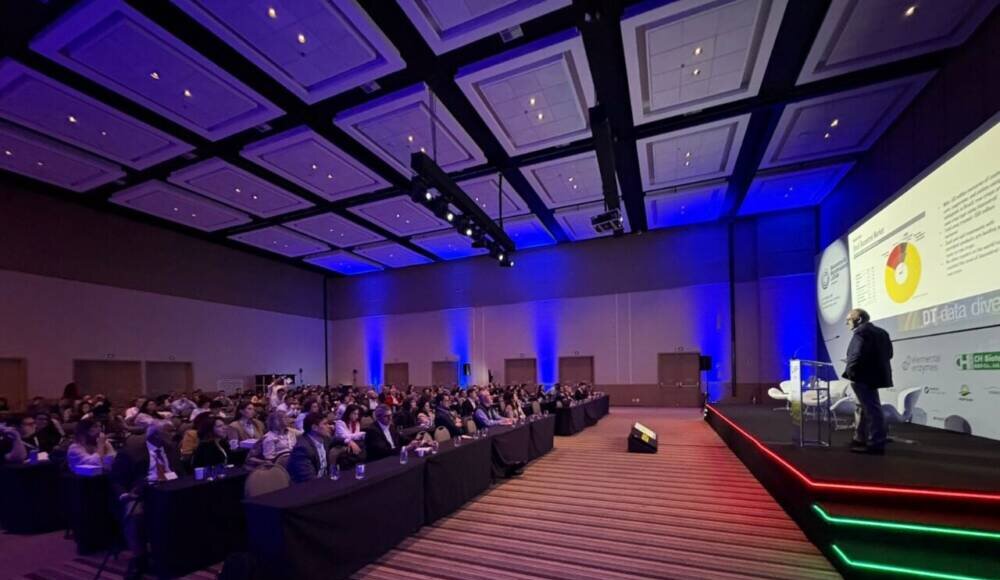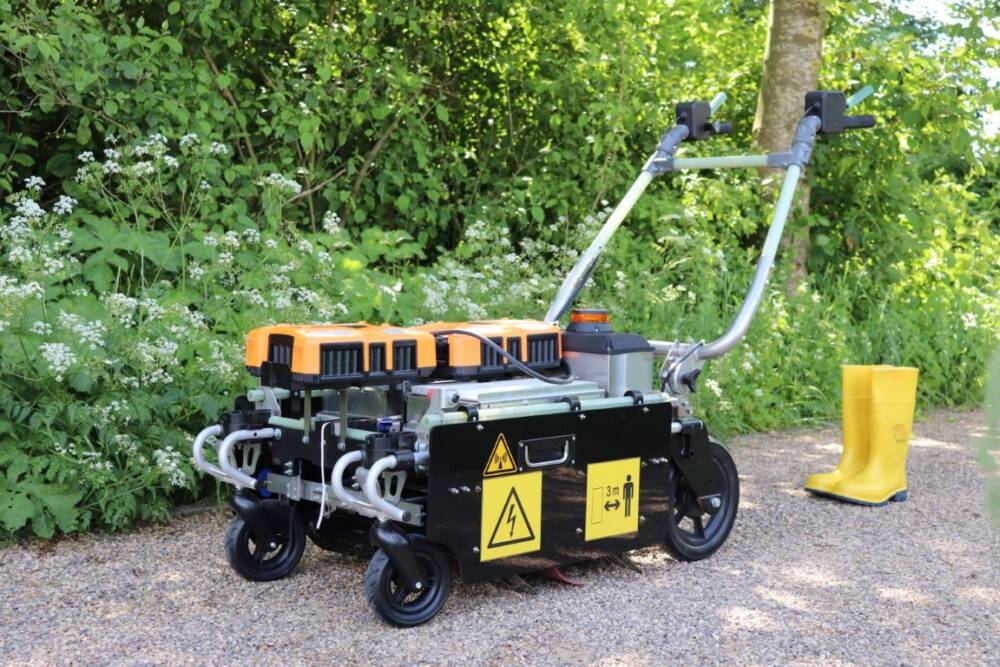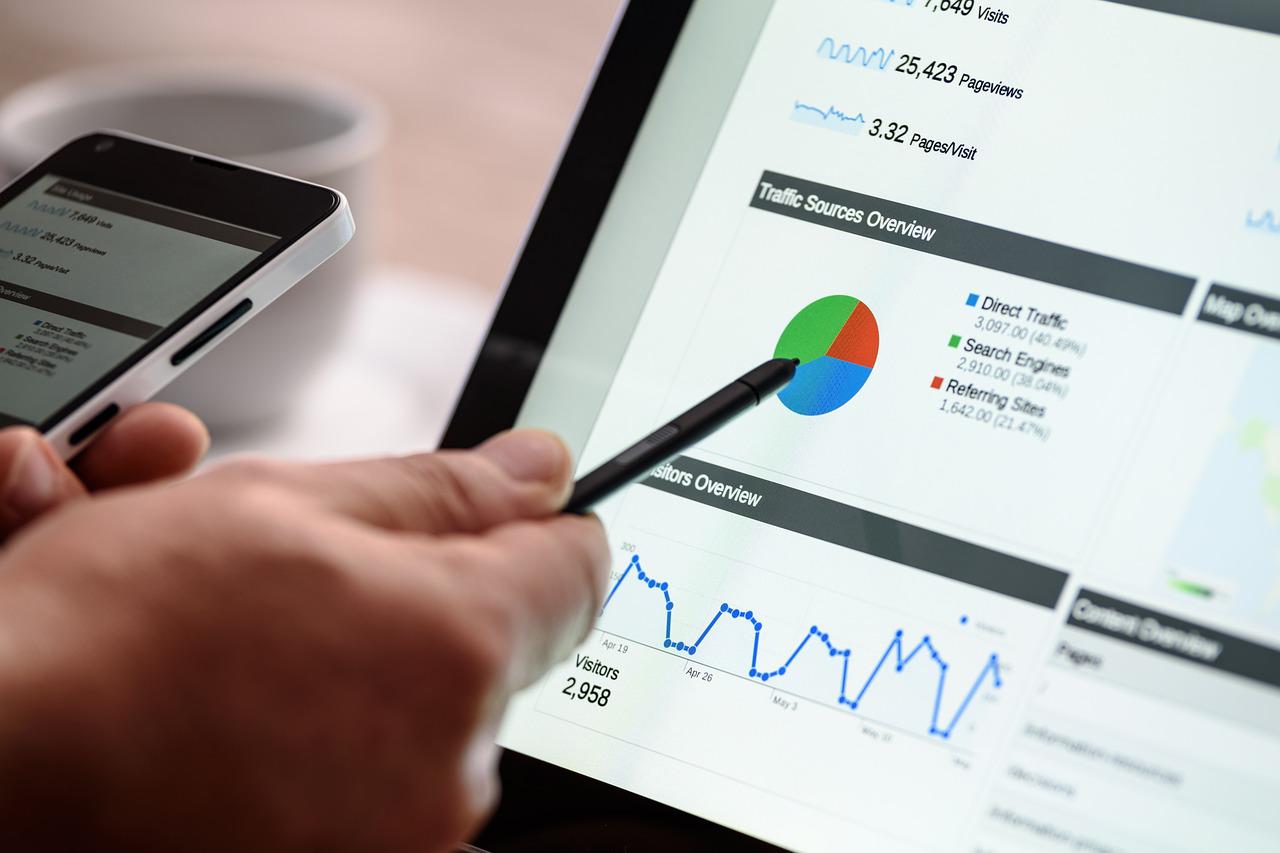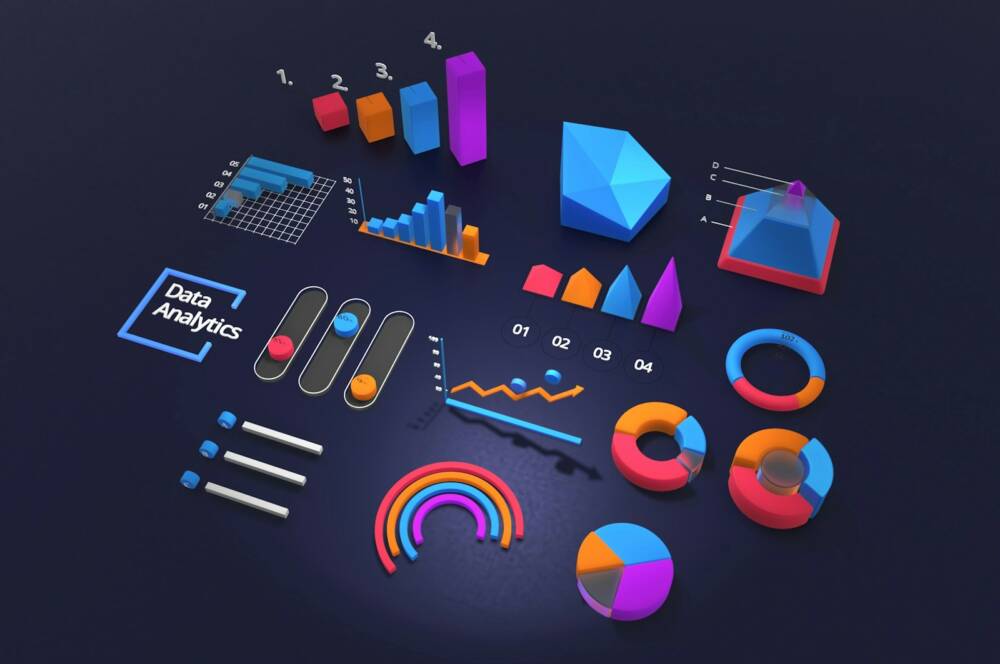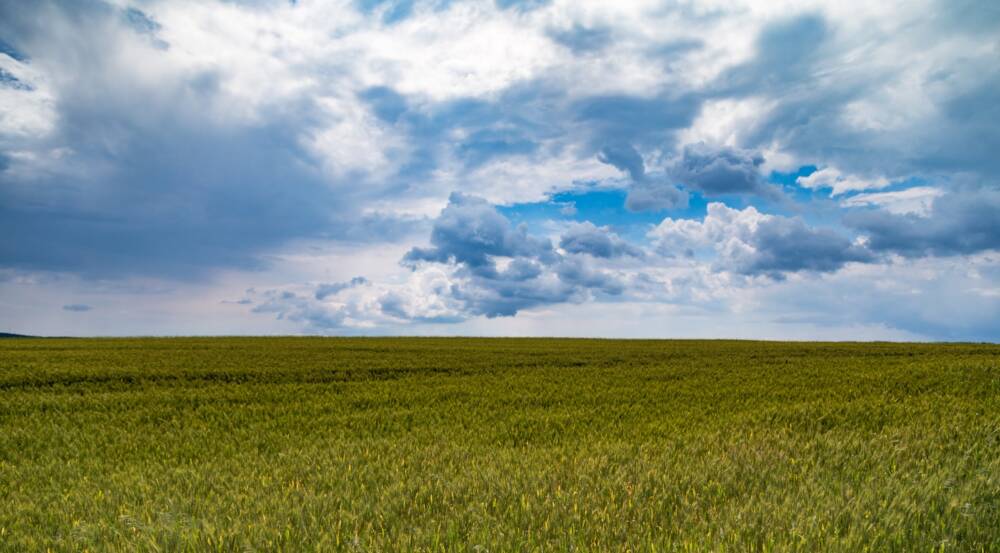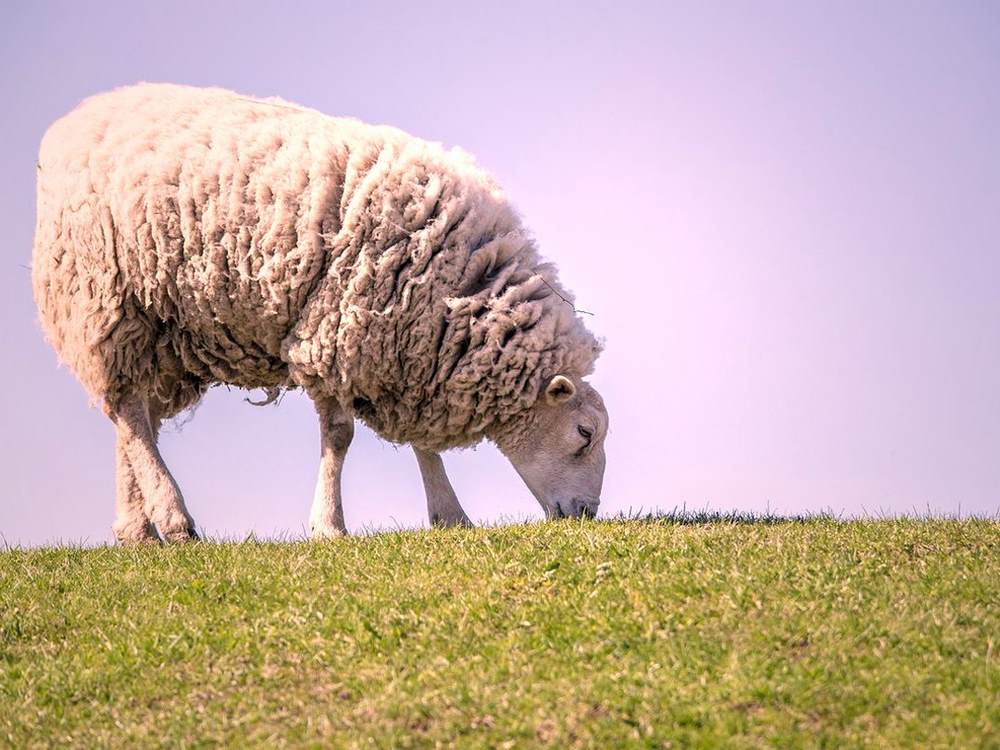The MKT Place portal conducted an exclusive interview with Mark Trimmer, President & Founding Partner of DunhamTrimmer. The market intelligence agency specializing in biological inputs and companies in this sector has recently established operations in Brazil. Trimmer was a recent speaker on the topic “Latin America Biological Market Overview” at the Biocontrol & Biostimulants LATAM event.
- Which regulatory issues require the most urgent attention in Brazil?
Brazil’s new Bioinputs Law (Law No. 15,070) created a regulatory framework and has generally been well received by the industry. On the other hand, it has sparked some controversy regarding ‘on-farm’ production of biological inputs. While the law requires farmers who multiply their own bioinputs to meet certain requirements, some manufacturers remain concerned about the quality and safety of these products. The ability of Brazilian authorities to fully supervise and monitor ‘on-farm’ production facilities to ensure their products meet quality and safety standards—while continuing to promote innovation and investment—must be carefully observed.
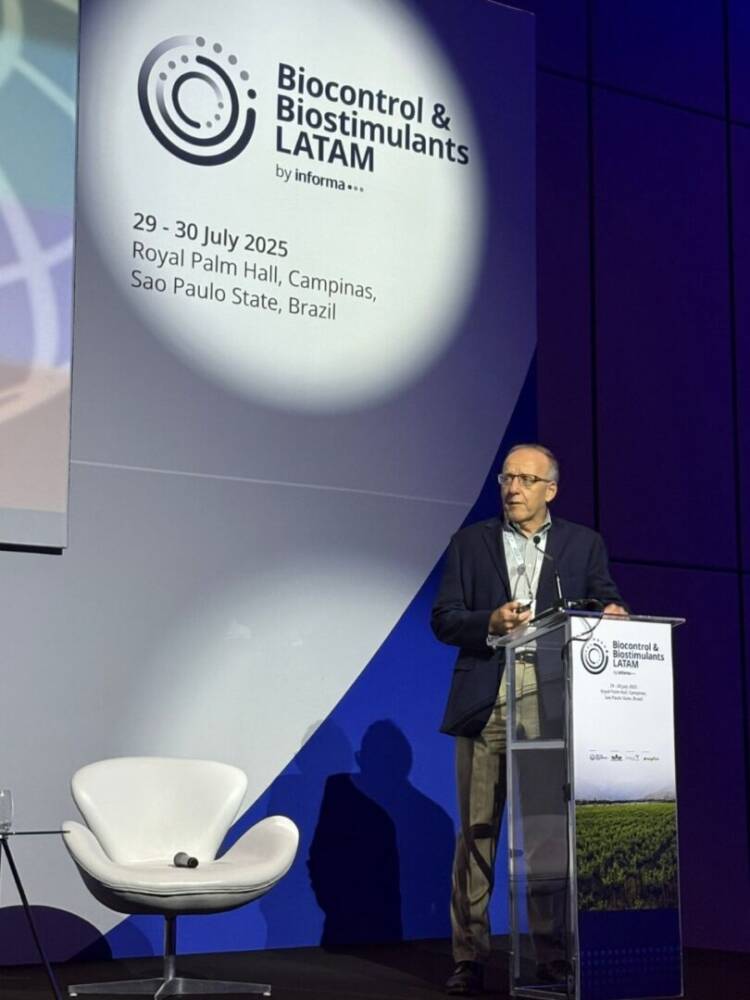
- New companies and technologies emerge in the Brazilian bioinputs market every day. Is there a risk of a ‘bubble’ in this sector?
There is no doubt that Brazil has been the fastest growing country in the adoption and use of biological products over the past five years. As a result, nearly every company puts a high priority on the Brazilian market. Despite concerns about a “growth bubble,” we continue to see growth in Brazil outpacing all other countries. The size of the market opportunity and the successful development of biologicals for broad-acre grain crops have been driving factors. No doubt, this rapid growth will slow down at some point. For now, however, we see continued opportunity for further growth in the Brazilian market.
- What threats and opportunities do you see for this segment in Latin America?
A key factor on many minds is the potential for the global political environment and trade tensions to negatively affect the agricultural economy. We see both challenges and opportunities for the Latin American agricultural sector in the current climate. U.S. trade policy could open new markets for Latin American products. Brazilian presidential elections in October 2026 could drastically change current policies, which could be either positive or negative for future investment and the development of the biological markets.
- And for global investors who wish to operate in this market?
The rapid growth of the Brazilian biologicals market has created a lot of interest in companies there. We have already seen several Brazilian companies acquired by or partnering with global players, and I believe there will be more to come. In the biostimulants and biofertilizers sector, Brazil’s drive to reduce heavy dependence on imported fertilizers could create some interesting investment opportunities.
- What trends and perspectives do you see for the biological input market in Latin America?
The market has grown in recent years, along with the increased importance of government policies and regulatory initiatives in driving the expansion of the biological market. However, there are challenges and opportunities that could impact future growth.
Understanding this unique environment, the soils, cropping systems, and producer needs is essential for success with biological products in Latin America. Products developed for use in Europe or the U.S. may not perform the same in Brazil. Manufacturers need to design products that address the specific problems of Latin American growers. 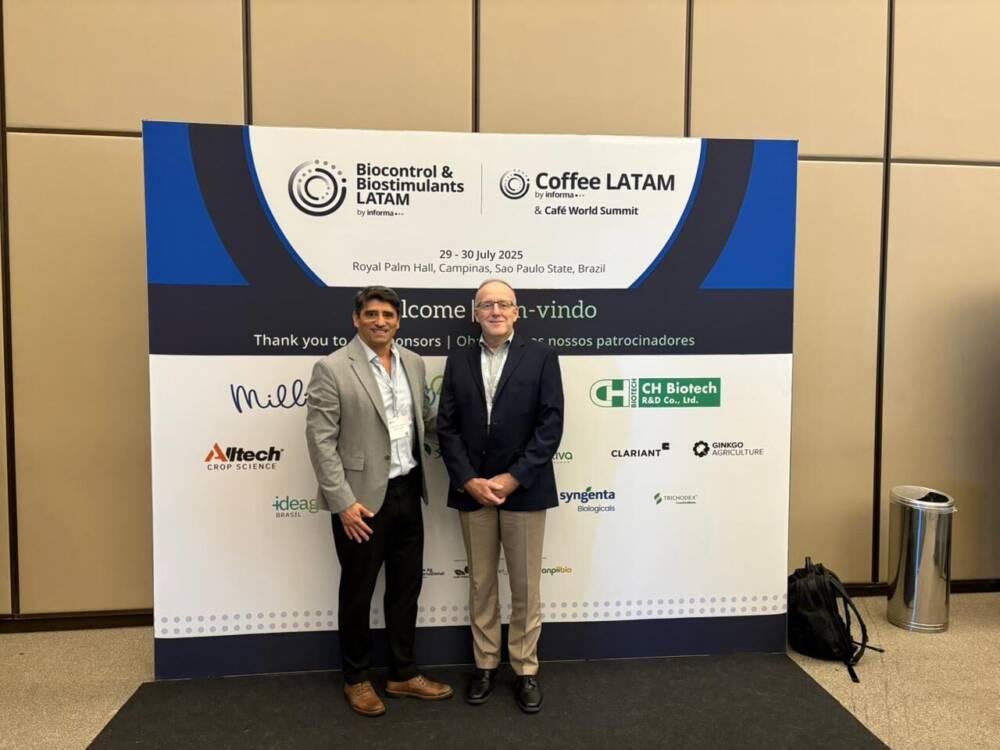
MKTPlace is a leading digital and social media platform for traders and investors. MKTPlace offers premiere resources for trading and investing education, digital resources for personal finance, news about IoT, AI, Blockchain, Business, market analysis and education resources and guides.


